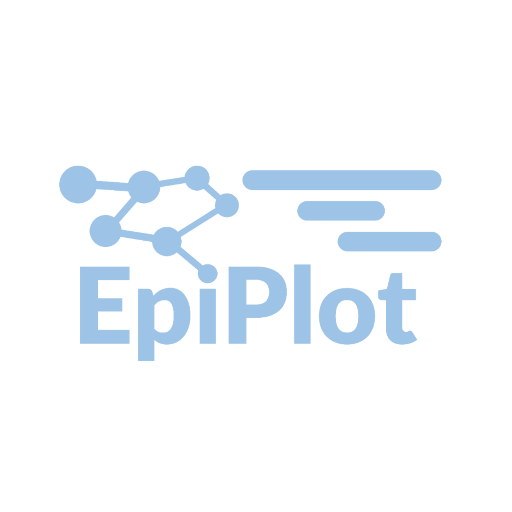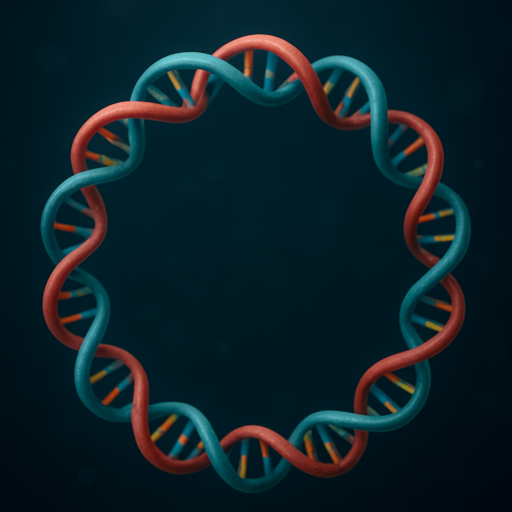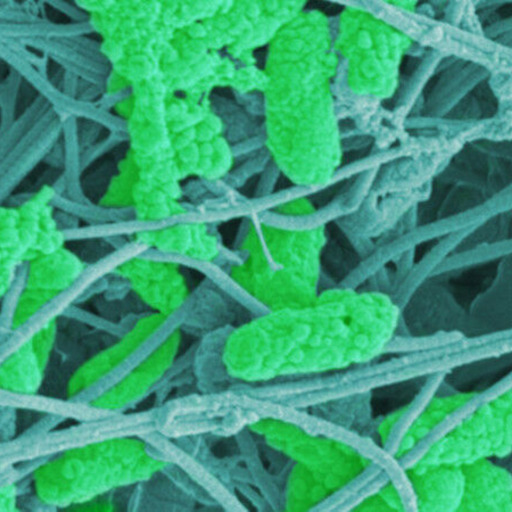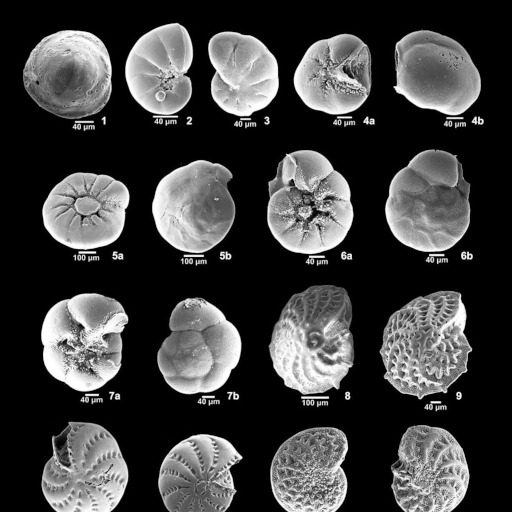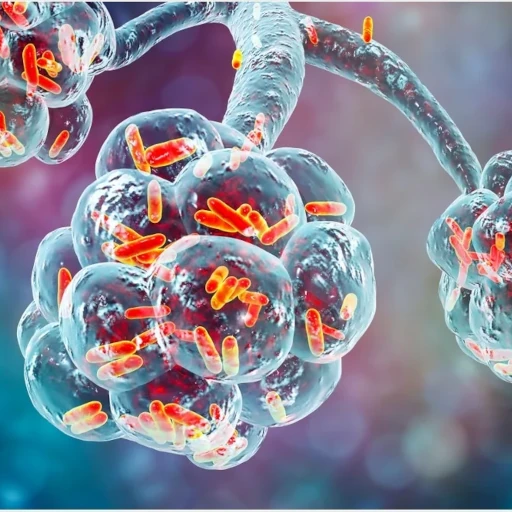
Hi! I’m Florian.
I specialized in bacterial genomics and transcriptomics, supporting both research projects and diagnostic analyses for hospital clinicians. My expertise covers a wide range of microorganisms, from microbiota communities to pathogenic species and environmental bacteria.
With over seven years of experience, I’ve had the opportunity to collaborate with research laboratories, public health institutes, and hospitals across Canada and Switzerland.
Whether you’re navigating a complex research challenge, seeking new insights from high-dimensional biological data, or in need of reliable bioinformatics support, I bring a rigorous, research-driven approach to every collaboration.

From sequence processing to pipeline development, I have extensive experience in omics data analysis using a broad range of bioinformatics tools. I’m proficient in Python and R for data analysis and routinely work in Linux environments, ensuring efficiency, reproducibility, and scalability across projects.

My expertise lies in statistical modeling and data visualization, enabling me to extract meaningful insights from complex datasets. From inferential statistics to multivariate analyses, I also have hands-on experience applying machine learning techniques to explore and interpret biological data.

With a strong background in biology, I’ve developed a deep understanding of genomics, spanning areas such as gut microbiota and bacterial genetics. I’m able to lead projects from conception to completion, whether that means publishing research findings or delivering comprehensive analytical reports.
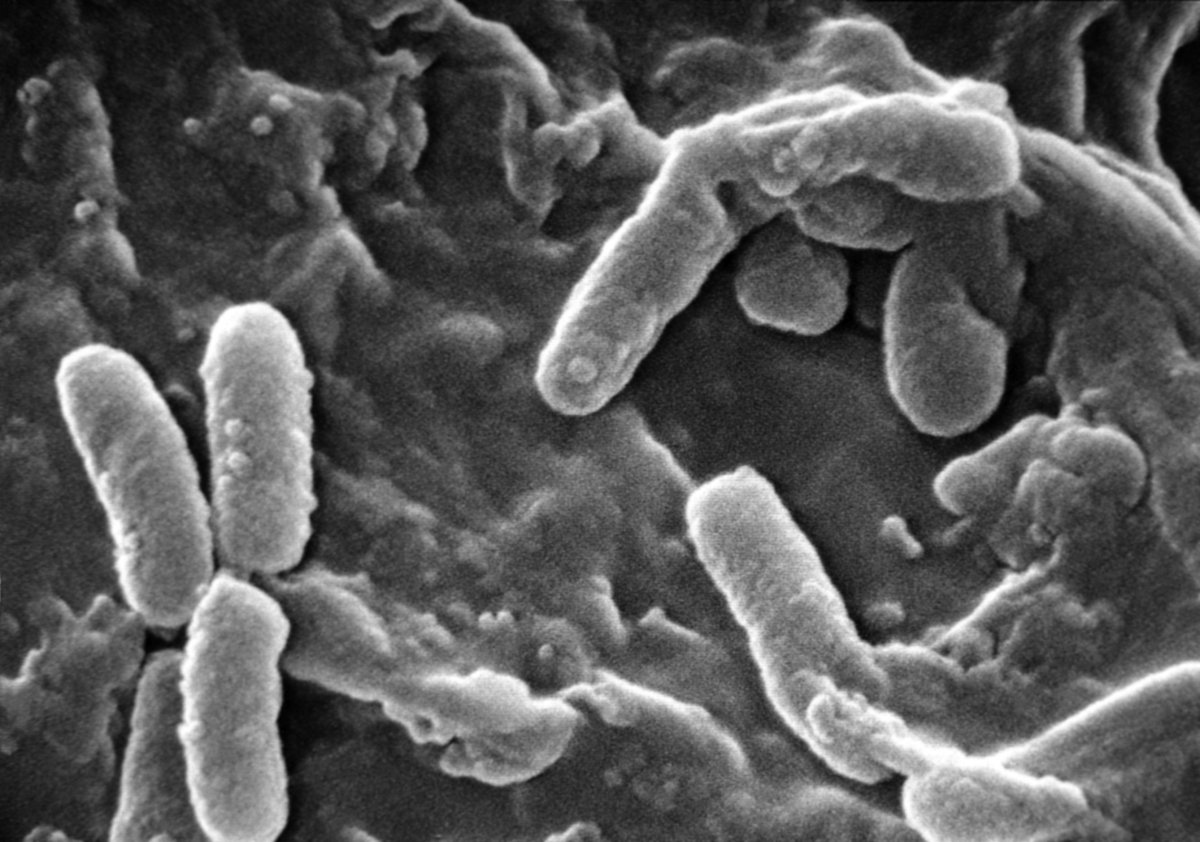
My current project focuses on exploring the CzcRS regulon in Pseudomonas aeruginosa. The CzcRS two-component system senses zinc concentrations in the bacterial environment to regulate zinc uptake and efflux. This system has been implicated in the development of carbapenem resistance through the downregulation of the OprD porin, making it a key target for understanding bacterial adaptation and antibiotic resistance.
To investigate this system, I primarily work with ChIP-seq data. While numerous comprehensive pipelines exist for ChIP-seq analysis, I developed a simple and streamlined pipeline tailored for bacterial datasets, available here.
Portfolio
Impact of mutations on azithromycin resistance
The emergence of azithromycin resistance poses significant challenges in treating numerous bacterial infections. Our study delved into the effects of genetic mutations on the azithromycin resistance levels exhibited by different strains of Nesseria gonorrhoeae.
Bioinformatics resources
Bioinformatics has become increasingly essential in modern biology, every biologist now benefits from having at least a basic understanding of computational tools. However, finding the right learning resources can often be time-consuming and overwhelming.
To help beginners get started, I’ve compiled a collection of useful resources that I’ve personally found valuable. These are not tutorials, but rather pointers to help you identify what to learn and where to start. There are many excellent tutorials available online, and I aim to update this list regularly to keep it relevant and helpful.
To help beginners get started, I’ve compiled a collection of useful resources that I’ve personally found valuable. These are not tutorials, but rather pointers to help you identify what to learn and where to start. There are many excellent tutorials available online, and I aim to update this list regularly to keep it relevant and helpful.

"Florian possessed remarkable professional knowledge and skills, as well as extensive experience in his field of activity, easily mastering the tasks and responsibilities entrusted to him."

Dominique S. Blanc
– University Hospital of Lausanne
– University Hospital of Lausanne
"Florian has provided us with full satisfaction, both in terms of the quality of his work and his commitment. His professional knowledge and skills, particularly in the field of bioinformatics, have been greatly appreciated."

Jacques Schrenzel
– University hospital of Geneva
– University hospital of Geneva
"Mr. Mauffrey has been able to assume his responsibilities to our complete satisfaction. My group and I would like to warmly thank him for his commitment and the quality of his work."

Diana Hall
– West Swiss University Center of Forensic Medicine
– West Swiss University Center of Forensic Medicine



